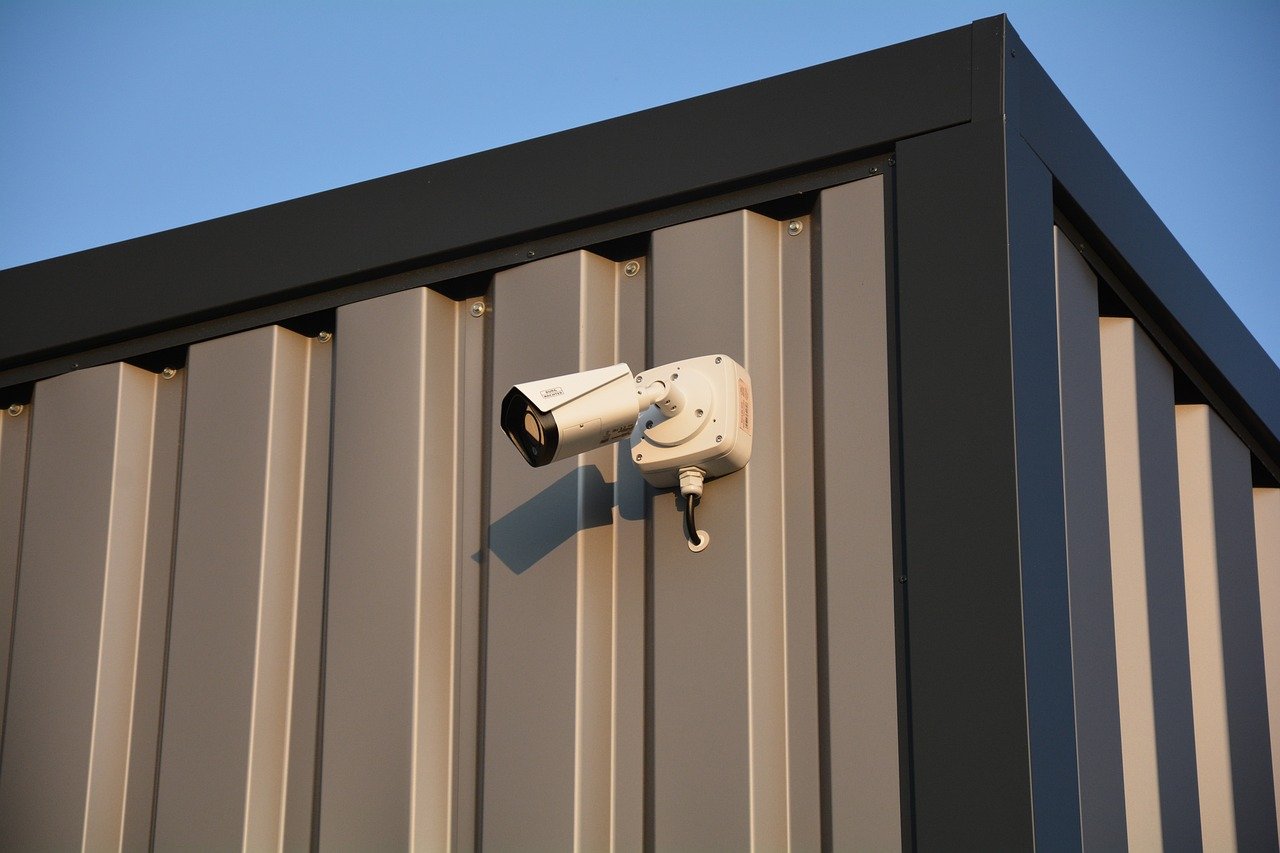Photo: Katrin Bolovtsova | Pexels
The Supreme Court of India has unequivocally stated that police nationwide cannot serve legal notices to accused individuals via WhatsApp, email, or other electronic platforms. Instead, the court emphasised adherence to established procedures under the Code of Criminal Procedure (CrPC), 1973 and the Bharatiya Nagarik Suraksha Sanhita (BNSS), 2023.
A bench comprising Justices M.M. Sundresh and Rajesh Bindal directed all states and Union Territories (UTs) to issue standing orders ensuring compliance with the prescribed service methods under these laws. The court clarified that electronic communication cannot substitute the legal procedures outlined in Chapter VI of the CrPC or the corresponding provisions in the BNSS, reports Deccan Herald.
“All the States/UTs must issue a Standing Order to their respective Police machinery to issue notices under Section 41-A of CrPC, 1973/Section 35 of BNSS, 2023 only through the mode of service as prescribed under the CrPC, 1973/BNSS, 2023,” said the bench.

The ruling came in response to concerns raised by senior advocate Siddharth Luthra, acting as amicus curiae. Luthra highlighted instances where notices under Section 41-A of the CrPC, 1973, were sent via WhatsApp, but accused individuals failed to appear before investigating officers. He also pointed out the lack of accountability for erring officers in such cases.
Luthra cited an example from Haryana, where a standing order issued by the state Director General of Police (DGP) permitted notices to be served through WhatsApp, email, SMS, or other electronic methods. He argued that such practices deviate from legal provisions and undermine the principles of due process.
The apex court concurred, reiterating its earlier decision in Satender Kumar Antil v. CBI (2022). In that case, the court upheld the Delhi High Court’s view that serving notices through electronic modes does not align with the statutory requirements under Section 41-A of the CrPC or Section 35 of the BNSS, 2023.
The court also addressed Section 532 of the BNSS, 2023, which allows trials, inquiries, and proceedings to be conducted electronically. However, it was noted that this provision does not extend to the service of notices under Section 35 of the BNSS, 2023.
In the News: Indian media giants join OpenAI copyright violations lawsuit






